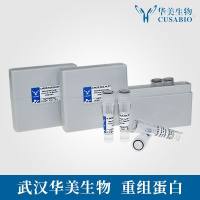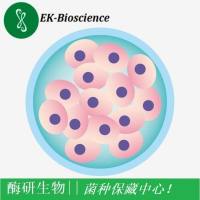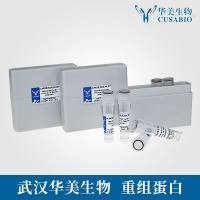Application of ICP-MS for the Study of Disposition and Toxicity of Metal-Based Nanomaterials
互联网
互联网
相关产品推荐

Recombinant-Arabidopsis-thaliana-Metal-tolerance-protein-C4MTPC4Metal tolerance protein C4; AtMTPc4 Alternative name(s): AtMTP7
¥12838

Recombinant ICP0, Active
¥2580

灰色链霉菌/灰色链霉菌/IMAS Study Class M4.3
¥1500

应激与毒性通路发现者DNA甲基化PCR芯片 Stress & Toxicity PathwayFinder DNA Methylation PCR Array
¥4800

SIRPA/SIRPA蛋白Recombinant Human Tyrosine-protein phosphatase non-receptor type substrate 1 (SIRPA)重组蛋白Brain Ig-like molecule with tyrosine-based activation motifs蛋白
¥1344
相关问答

